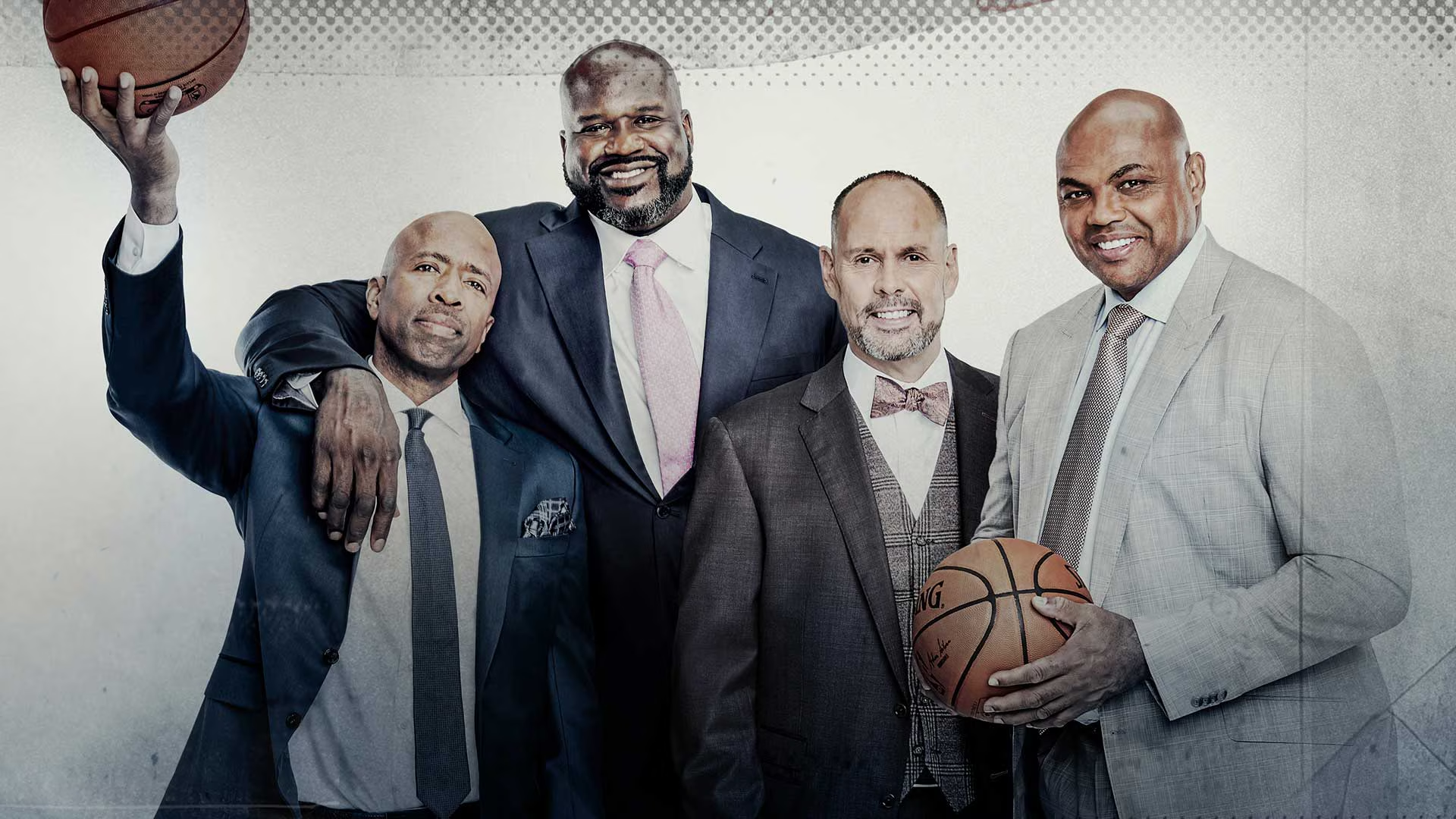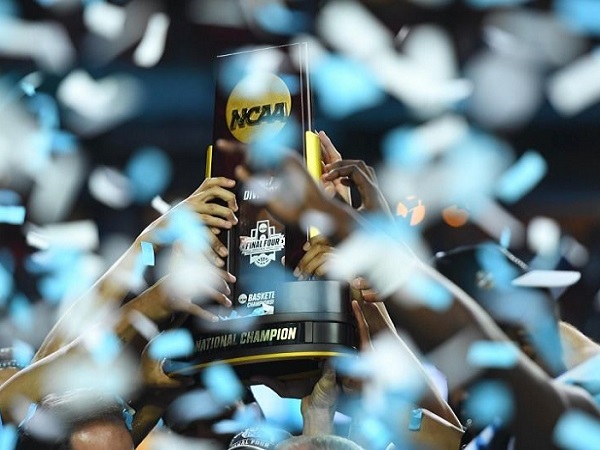Recently, it was reported that Comcast/NBCUniversal was interested in selling its 33% stake in Hulu, the streaming platform, to Disney, which currently controls 67% after AT&T/Warner Media sold its 9.5% stake to the aforementioned.
Soon enough, Disney will control 100% of the Hulu platform leading to the heavily reported notion that the platform will run in competition with the Disney+ platform set to launch and will include the 20th Century FOX entertainment content plus live sports streaming (i.e., NHL playoff hockey among others). The two platforms will provide a good internal competition and choices for the consumer in terms of traditional Disney content including children’s titles versus adult oriented FOX content. By comparison, companies often own two competing products yet profits are collected under one roof.
Interestingly, the question was raised recently regarding the success and profitability of Hulu to date. How is it that a platform that was raised up as the darling of the entertainment world and owned partially by major studios in Hollywood could not be a significant player in the content game? One idea presented in the article was that Hulu was not as successful as it could be because the major studios failed to learn how to play well together despite the availability of the distribution platform. This makes sense on the surface because most content distributors would like to stream the best content on their own platforms.
However, there are three potential consequences to the above approach and more specifically the prospective Comcast/NBCUniversal – Disney/Hulu sale.
1. More Content on Fewer Platforms
As studios get bought and sold, theatrical windows tighten, and streaming makes distribution easier through the subscription method, it has become somewhat easier to make and distribute content. Where the power players, or power platforms rather, have the financial backing and the studios creating the content, or by purchasing or licensing content, the haves will have more content for the consumer to consume.
2. Less Sharing of Content on Multiple Platforms
As individual platforms become more independent (or less dependent) of each other in terms of being willing to share (license) and distribute content, the various platforms controlled by fewer larger companies, and with several new (e.g., Apple, DAZN, and Warner Media) and established Hollywood players entering the entertainment, media, and sports content streaming space, there will be less sharing of content on multiple platforms. Meaning, consumers are less likely to see and watch the same movie appearing on Netflix, Amazon, and Hulu. Depending on the reader’s view, this could signal the end of the golden age of content sharing, meaning the ease and low cost at which content can be consumed will decrease. Consequently, history repeats itself by the streamers becoming like the cable companies of old.
3. Focus of Power in the Control of a Few
While consumers celebrate the mass availability of new content, they also frown, as will the Justice Department and the courts eventually, that more control means less choice and competition. Companies would be wise to find ways to release content on multiple platforms to increase their distribution versus being so focused on exclusivity. A distributor would not want less theaters to feature its film, especially where distribution today is paid for by the licensee (the theater, or the modern day platform). Companies would also be wise to fight the urge to control everything as that result inevitably means unhappy customers and government intervention.
In other words, content creators and distributors should rally against saying hello to more content, while simultaneously retreating to their respective platform distribution corners.























